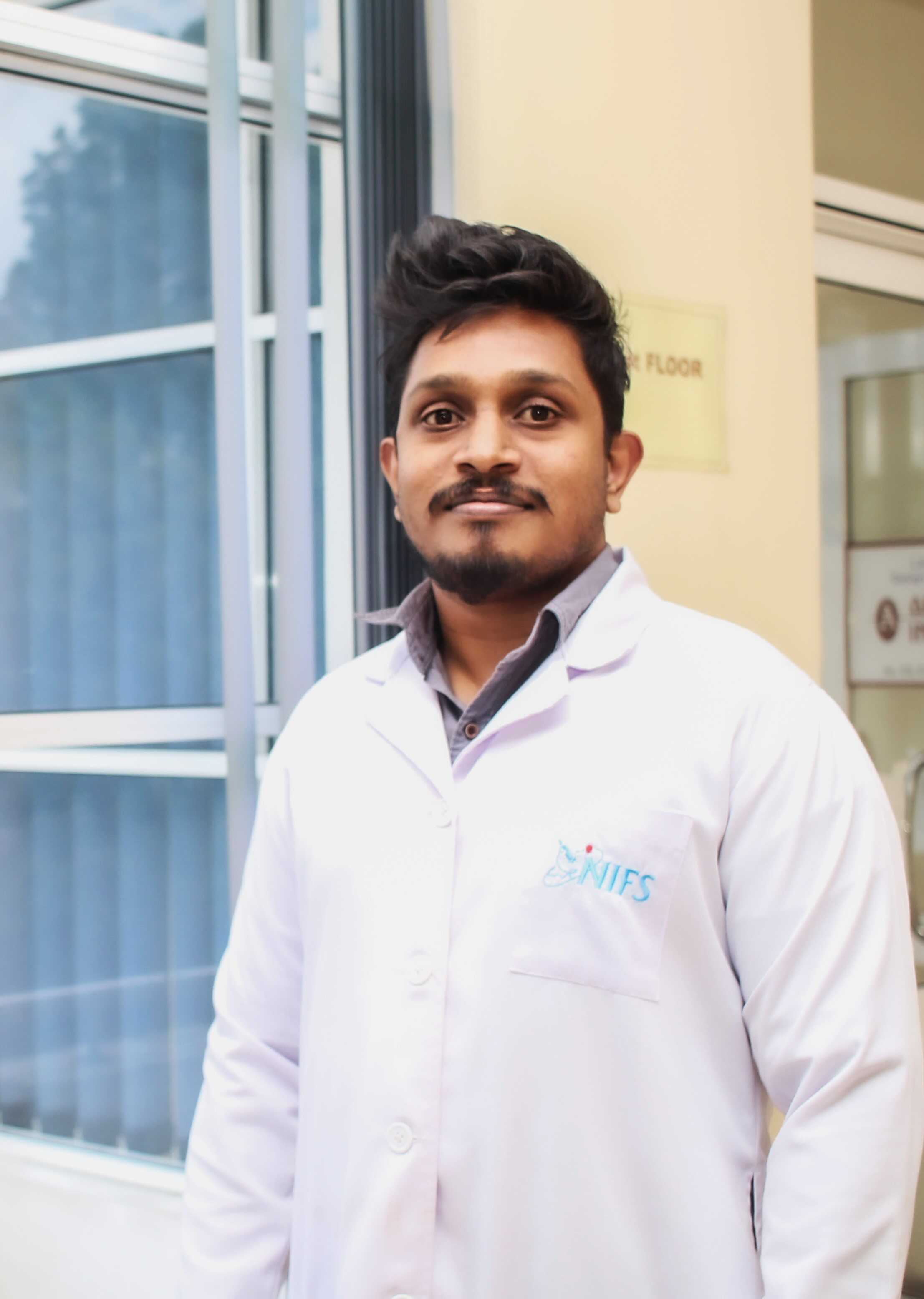Material Development and Pollutant Remediation Research Programme
Research on the fundamental aspects of pressing environmental problems

Research Focus
The Materials Development and Pollution Remediation Project centers on creating innovative solutions to combat environmental pollution through advanced materials science. The research primarily focuses on the following areas:
- Pollutant Remediation
- Developing methods to remove pollutants from water, soil, and air.
- Targeting contaminants such as gases, organic chemicals, and biological substances using advanced materials.
- Advanced Material Design
- Synthesizing and utilizing nanomaterials and their composites as effective adsorbents and catalysts.
- Exploring the high surface area and reactivity of nanomaterials to improve detection and removal efficiencies.
- Local Resource Utilization
- Innovating sustainable synthesis methods using locally available materials, such as converting kaolin into zeolite.
- Supporting national development through the application of indigenous resources in material development.
- Fundamental Mechanisms and Monitoring
- Investigating the underlying interactions and mechanisms of pollutants in natural environments.
- Advancing knowledge in both basic and applied science to bridge traditional and modern material technologies.
- Environmental and National Impact
- Addressing environmental challenges in Sri Lanka with global relevance.
- Enhancing environmental remediation techniques to mitigate the effects of anthropogenic activities.
This research focus aims to deliver sustainable and efficient solutions for environmental pollution, leveraging cutting-edge material science and local resource innovation.
Why does this matter ?
Environmental pollution is a critical global issue driven by rapid industrialization and urbanization. Its impact on water, soil, and air quality poses significant threats to ecosystems, public health, and sustainable development. Addressing these challenges is vital for several reasons:
- Preservation of Natural Resources
Clean water, fertile soil, and breathable air are essential for life. Pollution undermines these resources, disrupting ecosystems and endangering biodiversity. Effective remediation ensures the longevity and health of these natural systems. - Public Health Protection
Pollutants such as toxic chemicals, contaminated water, and airborne particulates contribute to various health issues, including respiratory diseases, cancers, and developmental disorders. Advanced materials provide innovative solutions to detect and eliminate these hazards, safeguarding human well-being. - Economic and National Development
Pollution remediation reduces the economic burden of environmental degradation by improving agricultural productivity, enabling clean industries, and ensuring sustainable resource use. Using locally sourced materials like kaolin to develop advanced materials fosters self-reliance and strengthens national development. - Global Relevance with Local Impact
While pollution is a global concern, its effects are acutely felt at the local level. Addressing pressing environmental issues in Sri Lanka not only benefits the nation but also contributes to global efforts in environmental restoration and sustainable development. - Advancement of Science and Technology
The development of nanomaterials and composites pushes the boundaries of modern science, offering solutions that are more efficient and effective than traditional methods. By understanding the fundamental mechanisms of pollutants and leveraging advanced materials, this research creates pathways for innovation in environmental science. - Combatting Anthropogenic Activities
Increased human activities have overwhelmed the natural regenerative capabilities of ecosystems. Developing high-efficiency materials bridges this gap, enabling us to mitigate the environmental impact of industrial and urban growth.
By addressing these critical challenges, the Materials Development and Pollution Remediation Project ensures a healthier, more sustainable future for both the environment and society.




